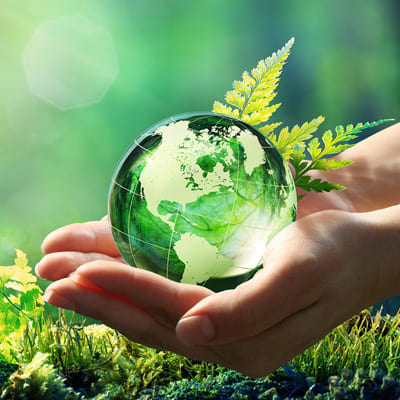Green Initiative
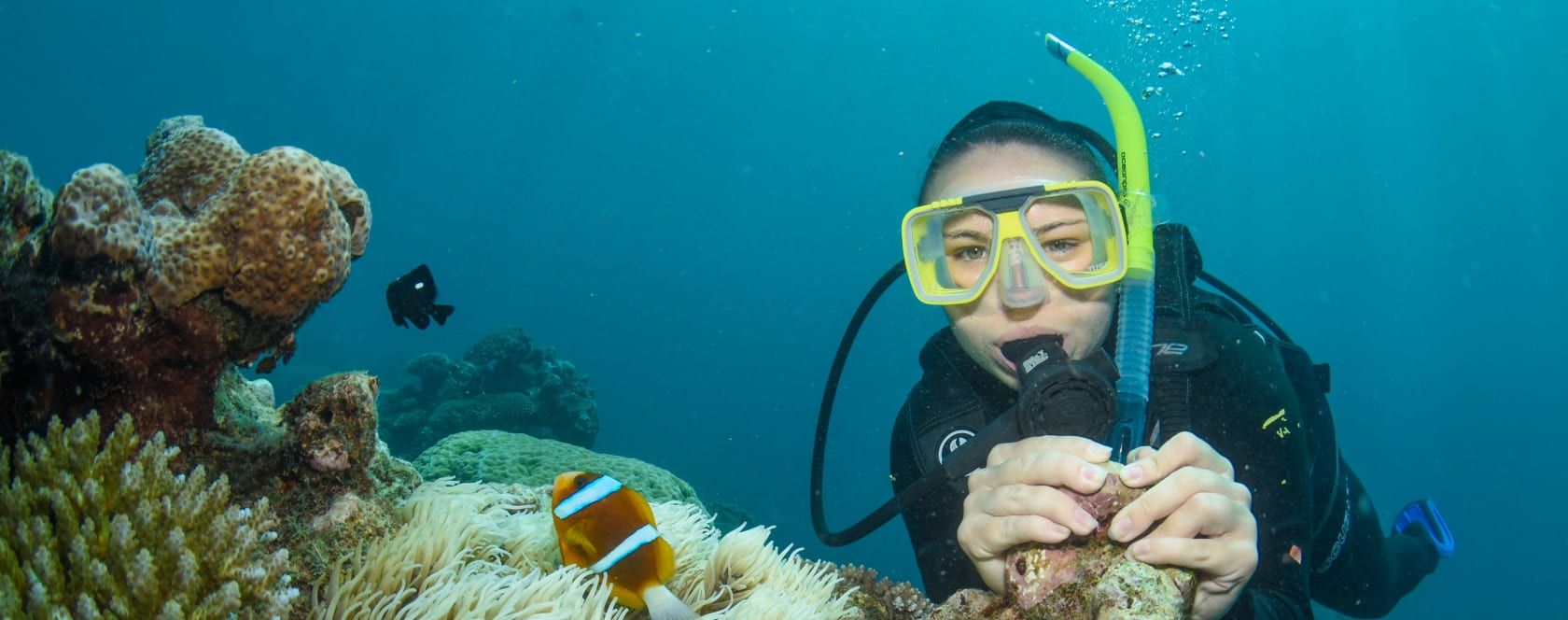
In response to the overwhelming global climate crisis, AIFS Abroad is pleased to make Sustainability a key priority when considering organizational, operational, and programming decisions. We understand that the only way to effectively combat this crisis and mitigate the effects of climate change is to drastically reduce our environmental impact.
Launched in 2020, the AIFS Abroad Green Initiative has three pillars. Green Business that includes auditing our own business practices and our program partners to reduce our consumption of finite resources and limiting our carbon footprint. Sustainability Education for both our program participants, through onsite engagement with local environmental projects, and within our industry as a leader in our field. Offsetting Carbon Emissions by purchasing verified carbon credits for all our program participants round trip flights to their program location.
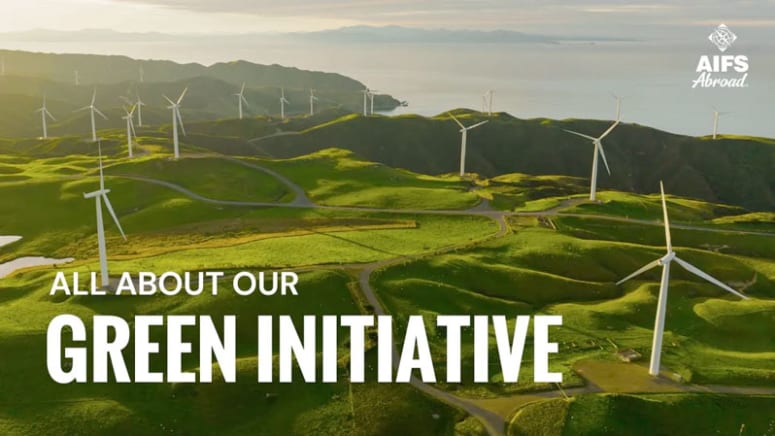
All About Our Green Initiative
One of AIFS Abroad’s key priorities is sustainability and reducing the environmental impact of our study abroad and internship programs. Watch our Green Initiative in action!
Sustainability Education
We are passionate about building environmental education into all our programs, exposing participants to best practices in host countries and providing incentives and tools to help reduce each participant’s environmental footprint. Assisting us with our education reach are our social media channels. Please take a moment to read our sustainability-related blogs.
Green Business
We are auditing all our organizational activities to reduce our environmental footprint, including dramatically reducing paper use, introducing new ways to share information at student and industry fairs and conferences, examining office practices and focusing on energy usage overall.
Canie Accord
 AIFS Abroad is proud to announce we have signed the CANIE Accord, becoming the first US provider to make this commitment. The voluntary agreement to this initiative further impresses our commitment to mitigate and reduce our impact in the climate crisis.
AIFS Abroad is proud to announce we have signed the CANIE Accord, becoming the first US provider to make this commitment. The voluntary agreement to this initiative further impresses our commitment to mitigate and reduce our impact in the climate crisis.
Formed by international education practitioners, CANIE (Climate Action Network for International Educators) is a grassroots endeavor to take action on climate change. The CANIE Accord was implemented to recognize, collaborate, and advance the international education communities’ response to global climate change.
Carbon Offsets
All AIFS Abroad Participants will have their international air travel offset by the purchasing of carbon credits in vetted global projects, primarily in developing countries.
2024 Carbon Offsets
-
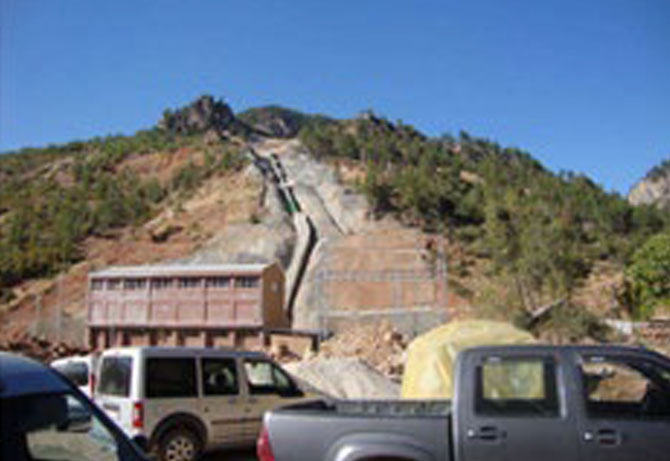
Gunder Hydro Power Project, Turkey
Tons to Offset: 4,935
Günder Hydro Power Plant uses the water from Günder River, which is located close to the village of Günder, Karaman Province in Turkey. The purpose of the project activity is to generate renewable electricity to be delivered to the national grid. The electricity produced by project activity will result in emission reduction.
-
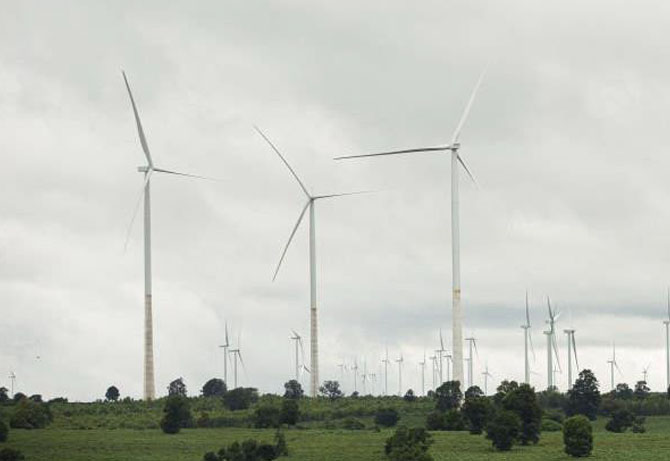
Krissana Wind Power, Thailand
Tons to Offset: 4,700
The project generates clean electricity with utilization of wind energy. The project consists of 30 Wind Turbine Generators of 3.0 MW capacities each. The electricity generated by the project is exported to the Thailand National grid. The project activity displaces an equivalent amount of electricity which would have otherwise been generated by the fossil fuel dominant electricity grid.
-
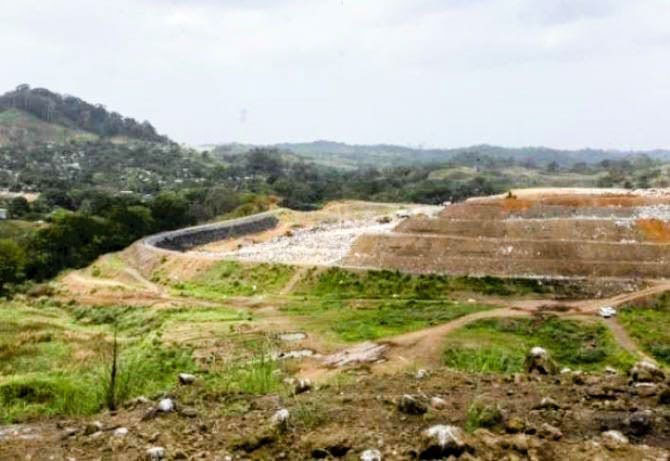
Cerro Patacón Landfill Gas Usage, Panama
Tons to Offset: 4,900
The purpose of Cerro Patacón Landfill Gas Utilization Project is to capture and use the landfill gas (LFG) generated by the decomposition of the organic waste disposed at Cerro Patacón landfill site located in the municipality of Panama. The proposed project will reduce greenhouse gas emissions from the decomposition of municipal solid waste that would have been otherwise released to the atmosphere.
2023 Carbon Offsets
-
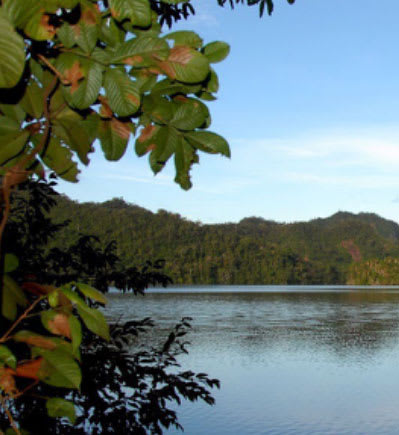
Cordillera Azul National Park Redd Project, Peru
Tons to Offset: 2,800
The Cordillera Azul National Park REDD+ Project avoids deforestation by strengthening park protection, engaging local communities and other stakeholders in land-use management compatible with conservation, and improving the quality of life of the park’s neighbors.
-
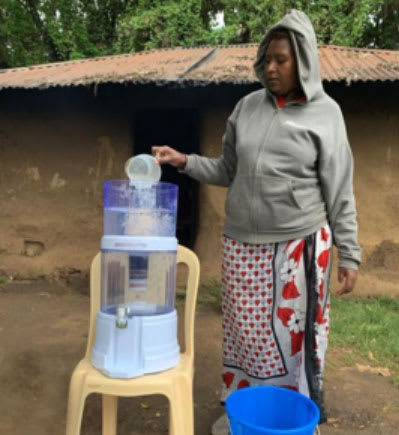
Kenya Multi-Layer Household Water Filtration System
Tons to Offset: 2,000
The water purifiers of the project will not only dramatically increase access to safe drinking water but also reduce consumption for woody fuels previously required to treat drinking water, which will decrease environmental degradation and greenhouse gas emissions.
-
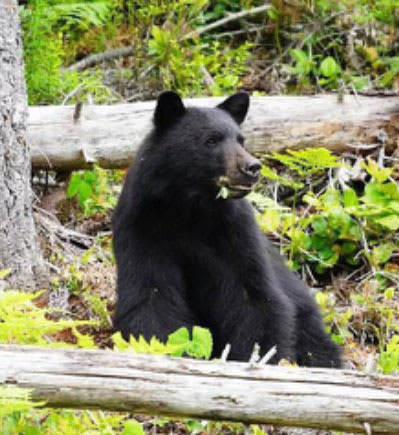
Big Coast Forest Conservation, British Columbia, Canada
Tons to Offset: 1,250
The BigCoast Forest Climate Initiative converts working forests into project lands and will increase carbon storage which avoids future GHG emissions. The forest contains and protects important ecosystems, drinking watersheds, and lands culturally significant to coastal First Nations.
-
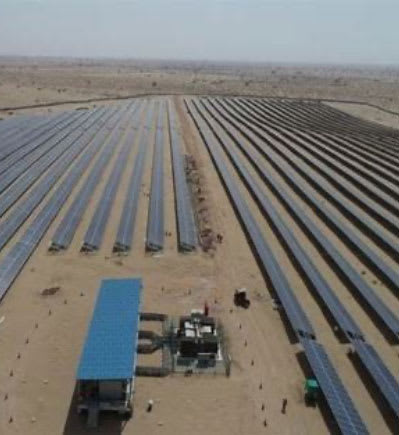
Orange Suvaan Solar Power Project In Maharashtra, India
Tons to Offset: 3,200
Orange Suvaan Energy Private Limited (OSEPL) is setting up solar power project at Mhasale village in the district of Dhule, Maharasthra. The purpose of the project activity is to generate electrical power using solar energy through operation of photovoltaic solar panels.
2022 Carbon Offsets
-
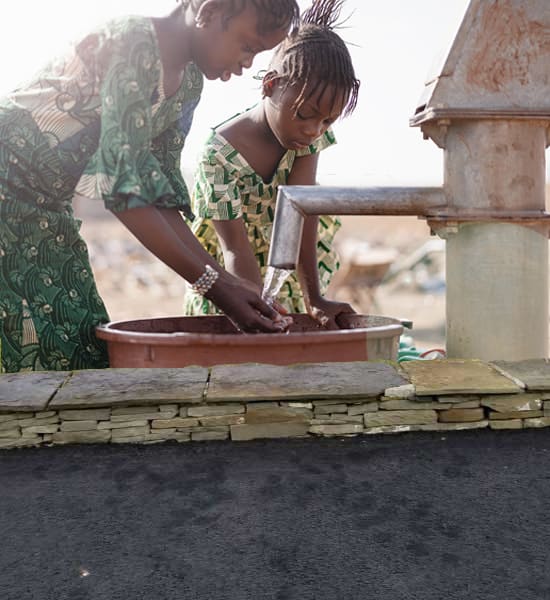
Buenos Aires Renewable Energy Project, Brazil
Tons to Offset: 2,200
Buenos Aires Ceramic Fuel Switching Project was validated on April 2010 under the Verified Carbon Standard (VCS) and Social Carbon Methodology. The voluntary project activity avoids GHG emissions by the substitution of non-renewable biomass with renewable biomass to generate thermal energy in the process of burning ceramic devices.
-
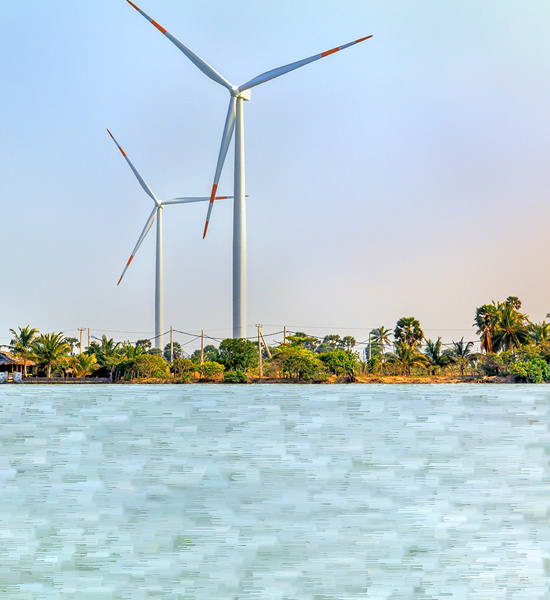
Renewable Solar Energy, India
Tons to Offset: 3,250
The main purpose of this project activity is to generate clean form of electricity through renewable solar energy sources. Over the 10 years of first crediting period, the project will replace anthropogenic emissions of greenhouse gases
-

Sichuan Furong Coal Mine Methane Utilization Project, China
Tons to Offset: 3,250
The project is located in Yibin city in Sichuan Province, China. The primary objective of the project is to capture and use coal mine methane for power generation. This will displace electricity used from the on-site captive power plant and the Central China Power Grid for on-site use.
2021 Carbon Offsets
-
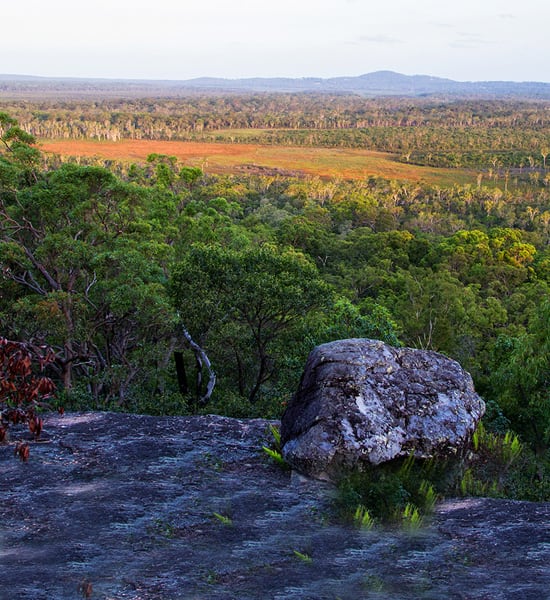
Buenos Aires Renewable Energy Project, Brazil
Tons to Offset: 205
This project works to tackle deforestation due to illegal logging by switching fuel use in region from illegal firewood to agricultural and industrial residues. This also serves to reduce indoor air pollution, avoids greenhouse gas emissions and promotes a sustainable supply chain.
-
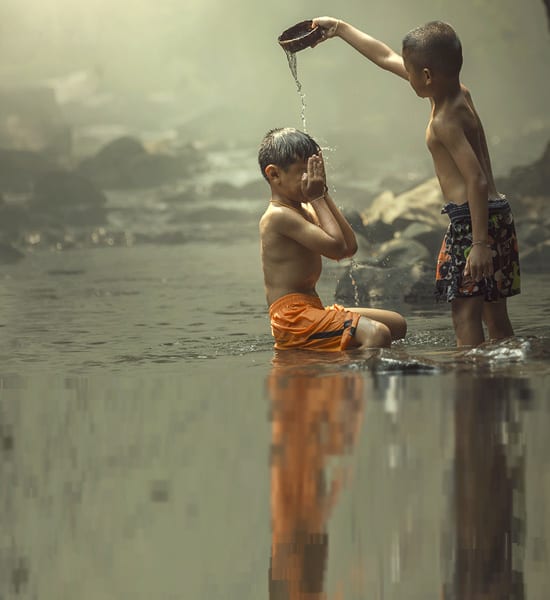
Terra Clean Water Access for Laos
Tons to Offset: 136
TerraClear is breaking down the barriers that make clean water access a challenge for rural communities. Creative strategies and community focused education and promotion are allowing TerraClear to provide access to safe drinking water through the manufacture and distribution of more than 70,000 ceramic filters in over 1000 villages in Laos.
-
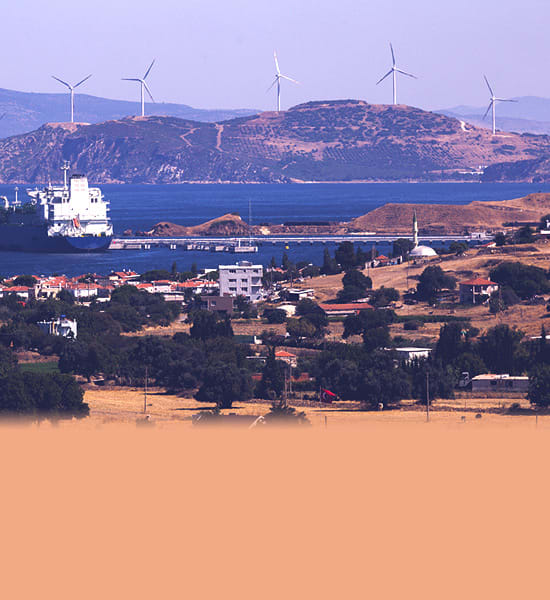
Wind Power Project in Madhya Pradesh, India
Tons to Offset: 272
This project has played an important role in reducing CO2 emissions and will continue to contribute towards the economic growth of the area by generating 180 GWh of clean electricity annually, which is equivalent to powering 42,000 households every year.
Past Donations in 2020
-

Safe Water Access in Rwanda
This project works with local NGOs in Rwanda to deliver clean, safe water to people. This project also provides water sanitation and hygiene training to ensure that the community water supply is maintained.
-

100MW Wind Power Project in Andhra Pradesh, India
This project consists of 50 wind turbines that generate clean energy for the local community in the district of Anantapur in Andhra Pradesh, India.
-

Yarra Yarra Biodiversity Project
This project aims to recreate a healthy, functioning landscape, restored after decades of habitat loss and degradation. This will become the new bush that helps connect to the Australian Outback.
Engage with Us
Tell us about your experience! How did you engage with sustainability while abroad? Share your experiences with us to help educate future students and promote sustainability in study abroad!
Green Initiative Survey
Contact Us
We hope that you will join us on this journey to make the Earth a better place for everyone. If you would like more details about our Green Initiative, please email us at AIFSAbroad@aifs.com.
Request Info